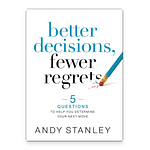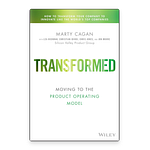There’s a moment many women recognize but few dare to name—a sudden jolt of restlessness that whispers, This can’t be all there is.
You might notice it in the supermarket checkout line, during another meeting that drains rather than energizes, or late at night when the house finally falls silent. The feeling isn’t merely boredom; it’s a quiet alarm anno…











